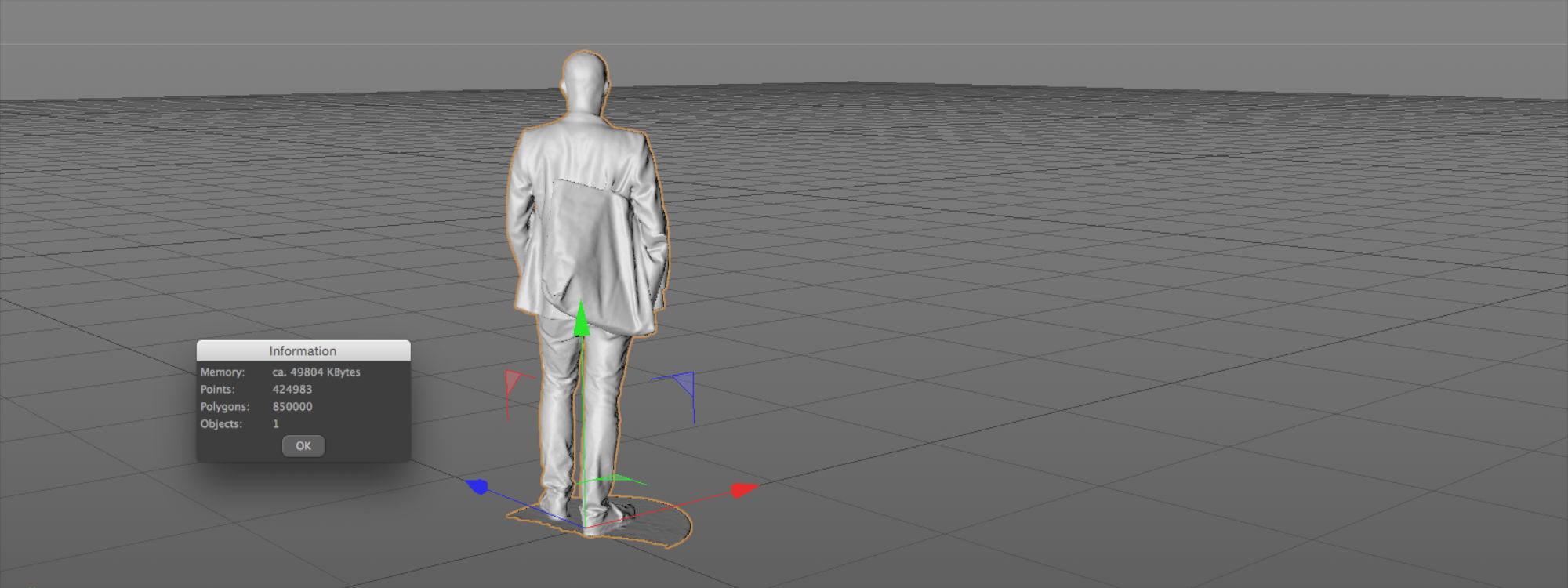Alexander Peterhaensel is a full Professor for Visual Computing at the Technical University of Applied Sciences Amberg-Weiden and founder of the Audiovisual Architectures Lab Berlin. He is also an expert to the Joint Research Centre of the European Commission (JRC) and a member of the Research Group for Convergence between Art, Science and Technology (GIIP) at the State University of São Paulo.
CV
Alexander Peterhaensel has exhibited internationally, has received and has been nominated for several fellowships and prizes, amongst others: Artist in Residency with the European Commission (2018 – 2019), Falling Walls Science Breakthrough of the Year (2023), Ars Electronica (2017, 2018), Media Art Biennale Wroclaw (2019), Bozar Centre for Fine Arts Brussels (2019), European Parliament (2019), Kassel Documentary Film and Video Festival (2018) and re:publica Berlin (2018).
Since 2023 he is Professor for Visual Computing at the Technical University of Applied Sciences Amberg-Weiden. Focus of his teaching and research are crossmedia design strategies, which are informed by/ informing algorithmic processes, namely by mixed reality (XR) and artificial intelligence (AI). From 2020 to 2023 he was Professor for Digital Media at the Technical University of Applied Sciences Brandenburg. From 2014 to 2020 he was Assistant Professor for Moving Image and Digital Production Processes at University of the Arts Berlin. There he was also responsible for the Digital Post Production Lab and the design and installation of a Virtual Reality Lab. He has lectured in various international and interdisciplinary contexts.
In his artistic practice and teaching Alexander Peterhaensel investigates contemporary and future questions of interdisciplinary media art/design such as the relationship between the virtual and the physical, the future of co-active HMI, the potentials of speculative design and the experimental use of immersive design methodologies. His conceptual approach results in multi-sensorial, dialogical artifacts and spaces of communication on multiple scales and in different contexts that lead to the emergence of an experimental speculative reality, based on computer-mediated processes.
Current Academic Position
Full Professor for Visual Computing, Technical University of Applied Sciences Amberg-Weiden, Department of Electrical Engineering, Media and Computer Science
Previous Academic Positions
– Full Professor for Digital Media, Technical University of Applied Sciences Brandenburg, Department of Informatics and Media
– Assistant Professor, University of the Arts Berlin, Institute for Time Based Media
Seminars, Workshops, Lectures, Talks
– Academy of Fine Arts Munich
– Altinbas University Istanbul
– Berlin Open Lab
– European Commission, Joint Research Centre, Brussels
– European Commission, Joint Research Centre, Ispra
– European Commission, Joint Research Centre, Karlsruhe
– European Parliament, Brussels
– Einstein Center for Digital Future Berlin
– State University São Paulo
– Technical University of Applied Sciences Amberg-Weiden
– University of Applied Sciences Augsburg
– University of Applied Sciences Brandenburg
– University of Applied Sciences Darmstadt
– University of Applied Sciences and Arts, Lucerne
– University of Applied Sciences Munich
– University of Technology Durban
– University of Technology Berlin
– University of the Arts Berlin
– Weizenbaum Institute, Berlin
Artist Statement
ARTISTIC RESEARCH ON DIGITAL FUTURES
In my artistic practice, research and teaching I investigate contemporary and future questions of interdisciplinary media art/design in light of the algorithmic revolution. Recurring themes touch questions of computer-mediated realities, implications of machine intelligence and machine agency, the future of Human-Machine-Interaction – for example in interactive media architectures in VR and AR. Aims of my work are to instigate informed discussions between scientists, artists, policy makers and the general public about an ethical use of information-technological products and services. I do so by creating artistic-scientific artifacts as well as designing novel forms of teaching and knowledge transfer. My works can be understood as multi-sensorial, multi-modal interfaces that generate temporary – often irritating – situations between people and technology. Performative and participatory strategies for playful user involvement generate an intuitive, multi-dimensional perception and understanding of information technologies and their implications on our lives.
Alexander Peterhaensel, 2023
